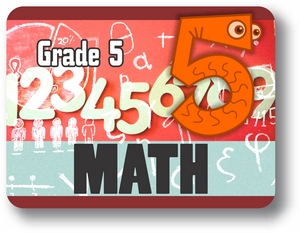
The elementary math courses inspire students to become critical thinkers and problem solvers. The learners use math as a tool to make sense of and understand the world around them. The courses include media that uses sight and sound to engage students. For example, rhymes, chants, songs, and videos help teach and practice foundational math skills. The focuses of the K–2 math courses are building a strong number sense, addition and subtraction within 20, place value, measurement, and shapes. The focuses of the 3–5 math courses are multiplication and division within 100, fractions, decimals, shapes, area, and volume. Students explore content prior to being explicitly taught and hands-on activities help strengthen the learners’ algebraic and critical thinking skills. Digital and concrete manipulatives help support mathematical proficiency in all grades. The learners are provided with many practice opportunities that involve both on-screen and off-screen activities.
Student-Supplied Resources:
Free Downloads:
Module 01: Understand Place Value
Module 02: Add and Subtract Decimals to Hundredths
Module 03: Fluently Multiply Multi-Digit Whole Numbers
Module 04: Use Models and Strategies to Multiply Decimal Numbers
Module 05: Use Models and Strategies to Divide Whole Numbers
Module 06: Use Models and Strategies to Divide Decimal Numbers
Module 07: Use Equivalent Fractions to Add and Subtract Fractions
Module 08: Apply Understanding of Multiplication to Multiply Fractions
Module 09: Apply Understanding of Division to Divide Fractions
Module 10: Understanding Volume Concepts
Module 11: Convert Measurements
Module 12: Represent and Interpret Data
Module 13: Write and Interpret Expressions
Module 14: Graph Points on a Coordinate Plane
Module 15: Algebra: Analyze Patterns and Relationships
Module 16: Classify Two-Dimensional Figures
